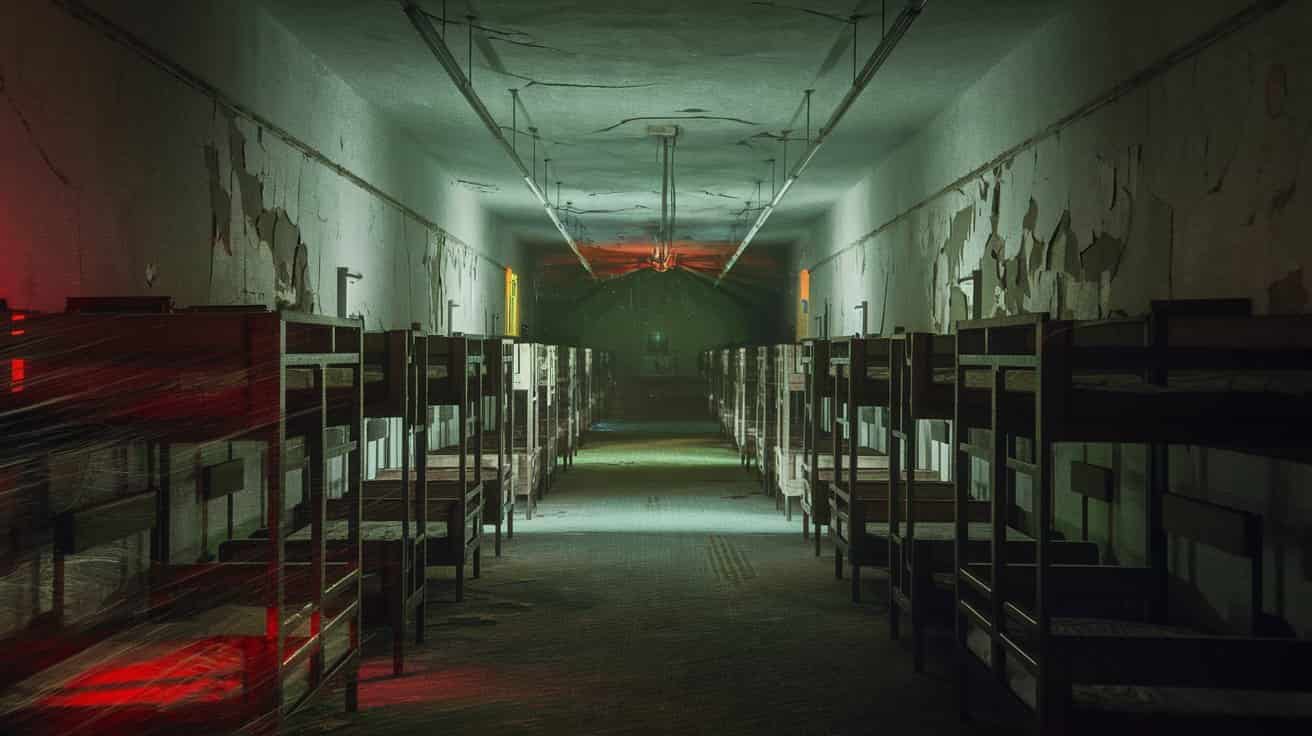Atlantis: The Mystery of the Lost Civilization
The story of Atlantis has fascinated people for centuries, being both a historical enigma and a subject of ongoing debate. Described by Plato in his dialogues, Atlantis has led many to question whether it was a real place or merely a myth. In this article, we’ll explore the mystery surrounding this legendary civilization.
Origins of the Legend
The concept of Atlantis first appears in the writings of Plato, specifically in Timaeus and Critias, around 360 BCE. Plato portrayed Atlantis as a highly advanced society that ultimately faced divine retribution and sank into the sea due to its people’s moral failings. This account paints a vivid picture of a large island located between Greece and Egypt, known for its advanced technology.
Geographic Theories
The location of Atlantis has been widely debated. Some theories suggest it could be linked to the Mediterranean region, possibly near Santorini, while others place it in the Atlantic Ocean. Despite various studies and explorations, there is no concrete evidence confirming its exact location.
The Disappearance
According to Plato, Atlantis’s disappearance was sudden and attributed to a natural disaster. The story suggests that the island was engulfed by the ocean as a form of punishment. Many interpret this narrative symbolically, viewing it as a representation of moral decline rather than a literal historical event.
Modern Research
Today, scholars and archaeologists continue to investigate the possibility of Atlantis’s existence. Some argue that the story was a philosophical allegory created by Plato to address contemporary issues. Others consider the possibility that it could have been a real civilization affected by a major natural event. Research into this topic remains active and diverse.
The legend of Atlantis endures as one of history’s greatest mysteries. While its historical reality remains unconfirmed, the story continues to captivate and inspire. The search for Atlantis, whether as a factual or symbolic entity, remains a significant endeavor in both historical and archaeological studies.



Post Comment